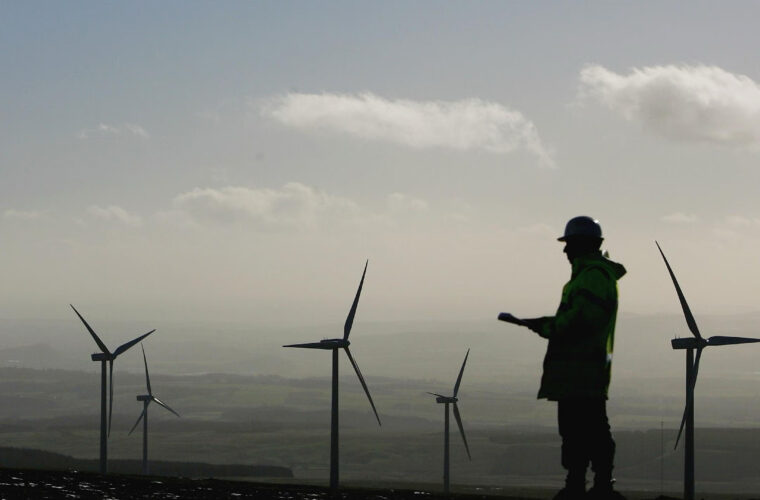The UK and Scottish governments have initiated a consultation on proposed changes to the permitting process for energy projects in Scotland. This initiative aims to streamline procedures and enhance the country’s renewable energy capacity.
Key Components of the Proposed Reforms
The proposed reforms encompass five significant components:
- Standardised Permitting Processes: Introduction of new, uniform processes for all permitting applications to ensure clarity and efficiency.
- Appeals Process Standardisation: A standardised appeals process with a six-week time limit for objections, promoting timely resolutions.
- Public Enquiry Reforms: Overhauling the public enquiry process to facilitate greater community engagement.
- Government Empowerment: Granting the Scottish government the authority to revoke, suspend, or vary project approvals under specific circumstances.
- Charging Developers: Introducing a new power for the Scottish government to charge developers for planning overhead power lines on private land.
Consultation Details

The consultation is open for comments for four weeks, closing on 29 November. This initiative is part of a broader strategy by both governments to position the UK as a renewable power “superpower” (source: UK Government).
Government Perspectives
“These long-awaited UK legislative reforms will help support Scotland in realising our clean power ambitions while providing investors with confidence in a more robust and efficient process,” stated Gillian Martin, acting Cabinet Secretary for Net Zero and Energy. “This will support our net zero goals, enable economic growth, and ensure our communities are heard.”
Importance of Accelerating Permitting
The current legislative framework can result in approval times of up to four years for new energy infrastructure projects in Scotland. With the goal of achieving 20GW of clean energy capacity by the end of the decade—up from 15.6GW in operation as of June—accelerating the permitting process is crucial for meeting the country’s clean energy objectives (source: Current±).
Grid Access Challenges
Improving grid access remains a priority across the UK power sector. A recent study by law firm Weightmans in collaboration with Cornwall Insight revealed that 75% of respondents identified securing a grid connection as the greatest challenge in renewable power deployment.
While the report highlighted positive findings, it also noted that many companies are exploring alternative grid connection methods, such as private wire arrangements and co-locating renewable generation with battery storage. These trends underscore the urgent need for reforms within the UK’s grid system.
Conclusion
“Together with the Scottish government, we are modernising outdated bureaucratic processes to ensure Scotland is open for business as we build the UK’s clean energy future,” said Energy Minister Michael Shanks. “This will accelerate the development of clean, homegrown energy, bringing us closer to energy independence and shielding billpayers from the volatility of fossil fuel markets.”
Sources
- UK Government. Renewable Energy Initiatives
- Current±. Energy Infrastructure Report
- Weightmans and Cornwall Insight Study on Grid Access Challenges.



